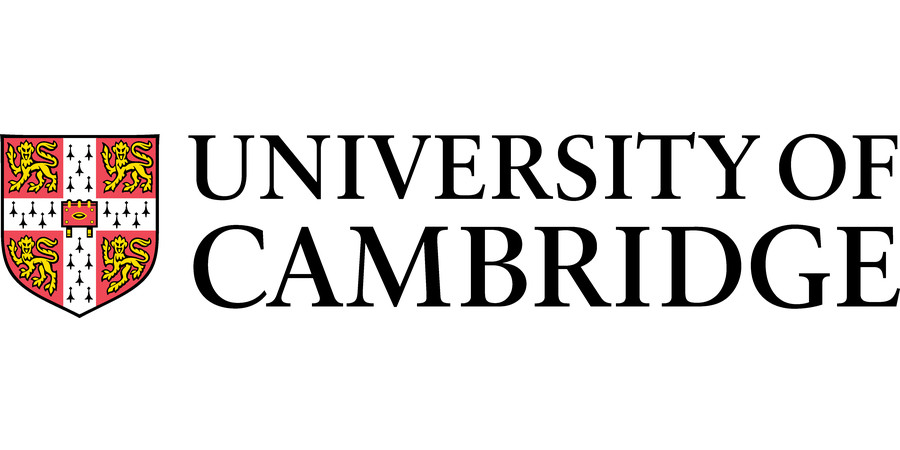Research Associate (Fixed Term)
University of Cambridge - Department of Genetics
| Location: | Cambridge |
|---|---|
| Salary: | £36,924 to £45,163 per annum |
| Hours: | Full Time |
| Contract Type: | Fixed-Term/Contract |
| Placed On: | 23rd December 2024 |
|---|---|
| Closes: | 12th January 2025 |
| Job Ref: | PC44565 |
The Department of Genetics is seeking to appoint a postdoctoral Research Associate to start as soon as possible to work with Professor Richard Durbin on the computational genetic analysis of ancient environmental DNA (aeDNA).
In this project a very wide range of ancient sediment DNA samples from a mixture of agricultural and extreme environments will be sequenced. The resulting aeDNA data will be analysed to help understand genetic and ecological responses to climate change, so as to inform development of more robust agro-ecosystems for the future.
The work will involve computational genomics methods development and analysis of large scale but extremely low coverage ancient metagenome data. Specifically, goals include:
- applying and potentially improving methods for efficient processing and taxon assignment of shotgun aeDNA data. One possible opportunity here will be to help construct a new updatable phylogenetically organized sequence index for biodiversity as the number of sequenced genomes increases exponentially.
- for specific taxa of interest, including crops and associated pathogens, building and fitting models of demographic change and selection based on sparse population variation data across time and space, combining aeDNA data with present data genetic diversity.
- identify specific genotypes that have the potential to contribute to ecological robustness, supporting collaboration towards practical translation with AEGIS plugin partners.
The position involves collaborations with University of Copenhagen (Eske Willerslev and colleagues), University of California Berkeley (Rasmus Nielsen group), Wellcome Sanger Institute (Tree of Life programme) and Pasteur Institute (Rayan Chikhi group), among other AEGIS institutions and researchers.
Why join us? The position offers the opportunity to advance the genetic study of the past based on new leading-edge data sets, and to contribute to a rising scientific paradigm. You will work with a world-leading team of scientists in a stimulating and supportive environment, with access to state-of-the-art data sets and resources, to address major research questions.
Fixed-term: The funds for this post are available until 30 September 2026 in the first instance.
For informal enquiries about the role please contact Professor Richard Durbin rd109@cam.ac.uk
Please quote reference PC44565 on your application and in any correspondence about this vacancy.
The University actively supports equality, diversity and inclusion and encourages applications from all sections of society.
The University has a responsibility to ensure that all employees are eligible to live and work in the UK.
Advert information
Type / Role:
Subject Area(s):
Location(s):









